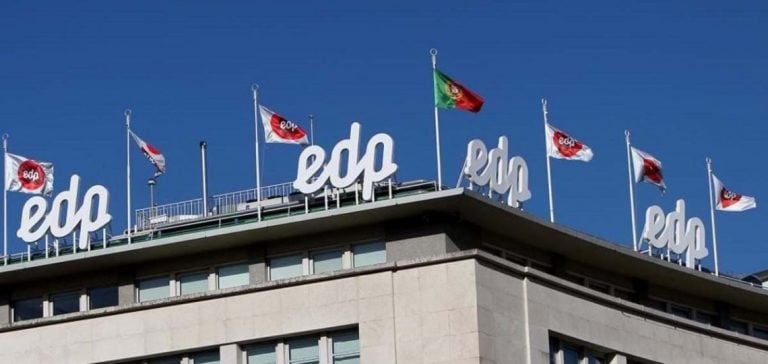The proposal for a merger between EDP (Energias de Portugal) and SSE (Scottish and Southern Energy) represented a major strategic initiative in a rapidly changing energy sector. With energy markets increasingly oriented towards renewable energy and decarbonization, such a merger could have created one of the largest utility companies in Europe, rivaling giants like Iberdrola and Enel. The combined market would have reached a value of approximately $44 billion, although it would still fall short of the respective market capitalizations of industry leaders. The structure of the agreement has not been publicly detailed, but discussions between the parties reveal a mutual interest in integrating complementary assets geographically and technologically.
Why didn’t the merger succeed?
SSE’s management declined the merger proposal with EDP, a decision that raises several strategic hypotheses. SSE, which has recently focused its efforts on expanding its offshore wind capacity in the UK, seems to prefer a standalone strategy. Its strong position in the development of renewable energy, particularly in Northern Europe, places it among the industry leaders in this segment. In contrast, EDP has adopted a more global approach with a significant presence in 28 countries through its subsidiary EDP Renováveis, a key player in renewable energy on a global scale.
A merger would have allowed EDP to increase its presence in the UK and Northern Europe, thereby strengthening its portfolio of renewable assets. However, the size difference between the two companies and SSE’s strategic priorities likely played a role in the decision to reject the proposal. SSE, with a market capitalization of $27.05 billion, may have perceived a merger with EDP, valued at $17.5 billion, as a risk to its independent growth strategy.
Implications for the European energy market
A merger between SSE and EDP would have had significant implications for the European market. It would have consolidated the positions of both companies in a rapidly changing energy transition context. The utilities market is currently marked by a series of transactions, representing $110 billion in operations in 2024, a 43.5% increase from the previous year, according to data from the London Stock Exchange Group (LSEG). The trend is primarily focused on smaller transactions, reflecting the fragmentation of the market and the need to adapt to constantly evolving regulations.
The consolidation of major energy players is becoming crucial in an environment where the size of assets and infrastructure can make a difference. The expected synergies between SSE and EDP could have facilitated a streamlining of investments, particularly in offshore wind, where SSE excels, and in global renewable energy markets where EDP is well-established. Furthermore, with the European Union’s goal of achieving carbon neutrality by 2050, mergers in this sector enable companies to achieve decarbonization objectives more rapidly while reducing costs associated with technologies and infrastructure expansion.
The role of renewable energies
EDP, through EDP Renováveis, positions itself as one of the global leaders in renewable energy production. The company holds 71% of this subsidiary, which plays a key role in its international ambitions. SSE, for its part, also emphasizes green energy, particularly offshore wind projects. The union of these two portfolios could have created a renewable powerhouse capable of challenging players like Ørsted or RWE, especially in the wind segment.
However, the merger would also have posed significant challenges, particularly regarding governance and corporate structure. Cultural differences between SSE, primarily focused on the UK market, and EDP, with a more global vision, could have created tensions around the management of the merged company. The question of priorities, such as growth in the domestic market for SSE versus international expansion for EDP, could also have contributed to the failure of negotiations.
Market reactions and outlook
The announcement of the merger proposal had an immediate impact on the market, with SSE shares rising by 3% and EDP by 1.7%. This reflects investors’ anticipation of a major consolidation in the utilities sector. The fact that discussions have failed may leave the door open for other attempts, particularly from EDP, whose international expansion remains a strategic priority. Additionally, in a context where renewable energies are gaining importance in the energy mix, such mergers will continue to be relevant.
It is noteworthy that the rise in stock prices for both companies indicates that investors view potential consolidations in the sector favorably, especially within the framework of the energy transition. However, SSE, as a strong player in its market, may also explore more targeted partnerships, particularly in its developing renewable projects.
This failed merger attempt between EDP and SSE illustrates the complex challenges faced by large energy groups in a transforming sector. Although a merger of this magnitude could have created a major player in the renewable energy sector, the divergent strategic priorities of the two companies appear to have prevented the finalization of the agreement. In a market where consolidation is often seen as a path to efficiency and growth, it will be interesting to see if other major players in the sector pursue similar mergers in the coming years, as the race toward decarbonization and the energy transition accelerates.






















